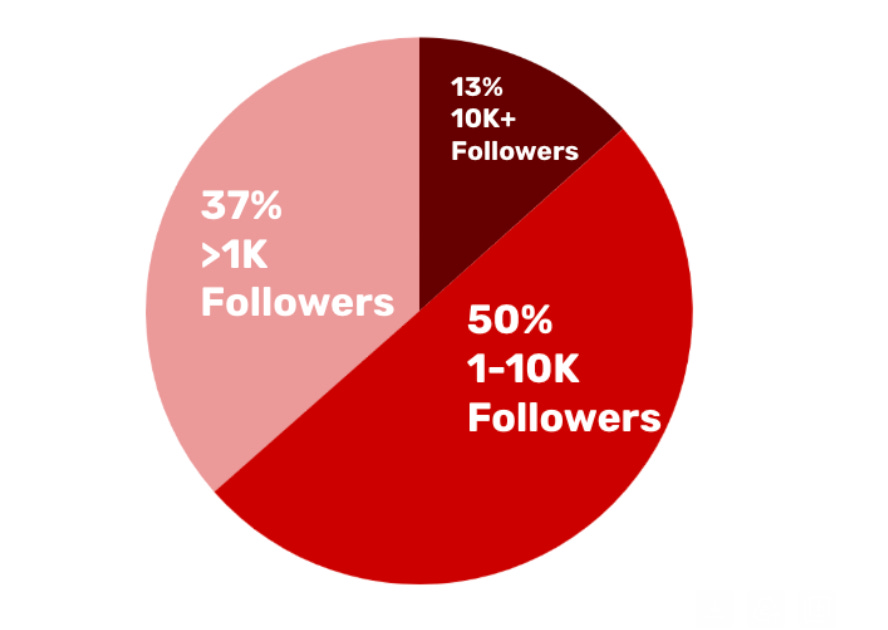How Trump and RFK Jr. Leveraged Microinfluencers to Drive the "Make America Healthy Again" Message
Women with followings of 1,000 to 10,000 led the conversation.
If you missed the "Influencer Impact: How Audiences Drove the 2024 US Election" webinar hosted by People First and Infegy last week, click here to watch it.
We've discussed Trump's use of “celeb” non-partisan influencers, but a less-explored angle is how the campaign, through its alliance with RFK Jr., garnered widespread online support from women in the health, wellness, and anti-vaccination communities.
If you're like me, you didn’t see much of the Make America Healthy Again (MAHA) conversation on your social channels. However, analysis by Joe Drymala at Disinfo For Democrats highlights just how influential these discussions were in the weeks leading up to the election.
MAHA allowed Trump to position himself as an independent, anti-corporate crusader. Examining the conversation—excluding openly right-wing accounts—you'll see that MAHA overshadowed Harris's price-gouging messaging.
On Instagram, this messaging particularly resonated with women, with 62% of the accounts posting being women, most of whom were between the ages of 35 and 55.
The real momentum came from microinfluencers with 1,000 to 10,000 followers, who produced 50% of the pro-MAHA content.
By leveraging these creators, Trump and RFK Jr. generated a significant amount of conversation, with microinfluencers amplifying the message to both larger and smaller creators. This messaging particularly resonated with women and helped position Trump as an anti-corporate, pro-health candidate despite his horrible record.
Looking ahead, Democratic campaigns should engage creators of all audience sizes outside the political sphere, as they are more likely to connect with less politically engaged audiences.





